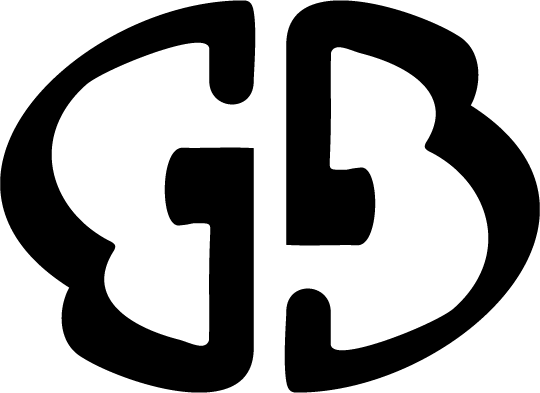If you study mathematics, then you will have to deal with many statements that contain expressions of the form: If $A$ then $B$ (or, $A$ implies $B$).
Suppose it is true that if you have an Apple a day, then you keep the doctor away. Is it true that if you did not visit the doctor, then you must have had an Apple everyday? Not necessarily. In other words: “if $A$ then $B$” is a true statement, then “if $B$, then $A$” may be false. The statement “if $B$, then $A$” is the converse of “if $A$ then $B$”.
The converse is not to be confused with the contrapositive of the statement. The contrapositive of “if $A$ then $B$” is: “if not $B$ then not $A$”. Unlike the converse, if a statement is true, its contrapositive is true too. Indeed, either they are both true, or they are both false. For example, suppose that it is true that an Apple a day keeps the doctor away. Now if the doctor comes to visit you, you must not have had an Apple some day. Mathematics contains axioms (that may be regarded as “truths”) together with chains of implications—statements of the form “$A$ implies $B$”, where $A$ and $B$ are mathematical expressions. Suppose your axioms say:
1. An Orange contains the daily requirement of Vitamin C.
2. Having your daily requirement of Vitamin C will keep you healthy.
3. If you are healthy, the doctor will stay away
Then, logic dictates that an Orange a day will keep the doctor away. Unfortunately, an Apple does not contain a lot of Vitamin C.
